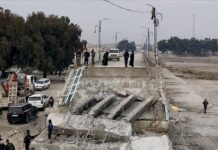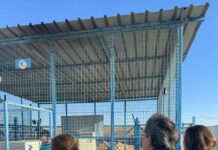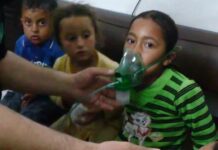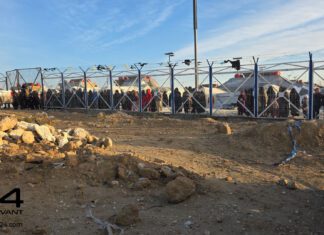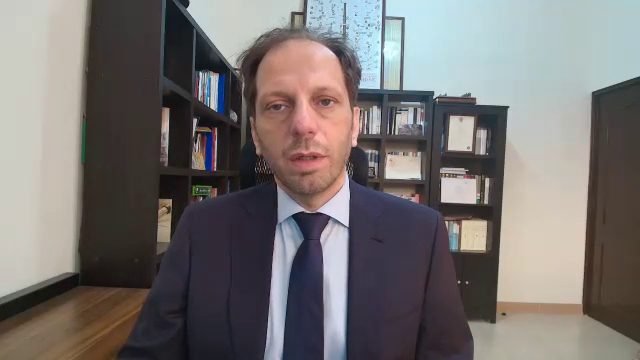
Fadel Abdulghani, head of the Syrian Network for Human Rights (SNHR), sat for an exclusive interview with Levant 24, saying the new International Investigation Committee report on the events in Syria’s coastal region offers a balanced, objective account of one of the war’s most sensitive chapters. The committee, mandated since 2011 and staffed by veteran investigators, traced the violence to longstanding sectarian tensions originating under the dictatorship of Bashar Assad, whose regime placed Alawite loyalists in key military and security positions. The report notes decades of abuses against Sunni Muslims, followed by retaliatory attacks on Alawites after Assad’s fall.
From Retaliation to Mass Violence
According to Abdulghani, the report documents early acts of retaliation by Sunni victims escalated in the absence of a transitional justice process. In coastal areas such as Tartus, Jableh and Latakia, remnants of the regime killed 231 members of the General Security Administration (GSA) and targeted hospitals. The violence soon spread, fueled by sectarian rhetoric in online channels. Some former HTS fighters and those from factions such as Hamzat, Sultan Murad and Ahrar al-Sham, many lacking formal military discipline, took part in abuses that included mass executions, looting and arson.
The report estimates around 1,400 people were killed in the coastal region, a figure Abdulghani said aligns with SNHR’s own findings and challenges inflated claims of up to 17,000 deaths. These violations, the report concluded, constitute war crimes.
While Abdulghani said the UN committee found no evidence of a central government order for the killings—a conclusion that differs from Reuters’ reporting—it stressed that the perpetrators’ government affiliation makes Damascus responsible for their actions. However, “The absence of a central killing order does not absolve the government,” Abdulghani said, adding that stronger controls should have been in place to prevent days of unchecked violence.
Calls for Action and Reform
Abdulghani urged Syrian authorities to publish the full findings of their own investigative report, which until now, has only been summarized, and to halt ongoing abuses such as “coercive religious dress codes” in some communities, and expand accountability measures beyond the 41 arrests announced to date. He also called for faster issuance of death certificates, compensation for victims, and greater transparency.
The difficulty of restoring rule of law in a post-conflict Syria with weakened, corrupt institutions and nonintegrated armed factions, some backed by foreign powers was also recognized by Abdulghani. A truly impartial judicial process, he said, must prosecute offenders from both pro-government and opposition groups to avoid deepening divisions.
Civil Society’s Role in the Transition
Abdulghani also backed UN calls for reform, stressing that Syrian civil society must have a direct role in constitutional drafting, government oversight, and legal restructuring. “While international organizations have a role, national institutions should lead,” he said, adding that civil society cooperation would benefit both the government and the Syrian people. The committee’s detailed account of the coastal events, Abdulghani said, should serve as both a historical record and a roadmap for justice—if Syrian authorities act on its recommendations.

